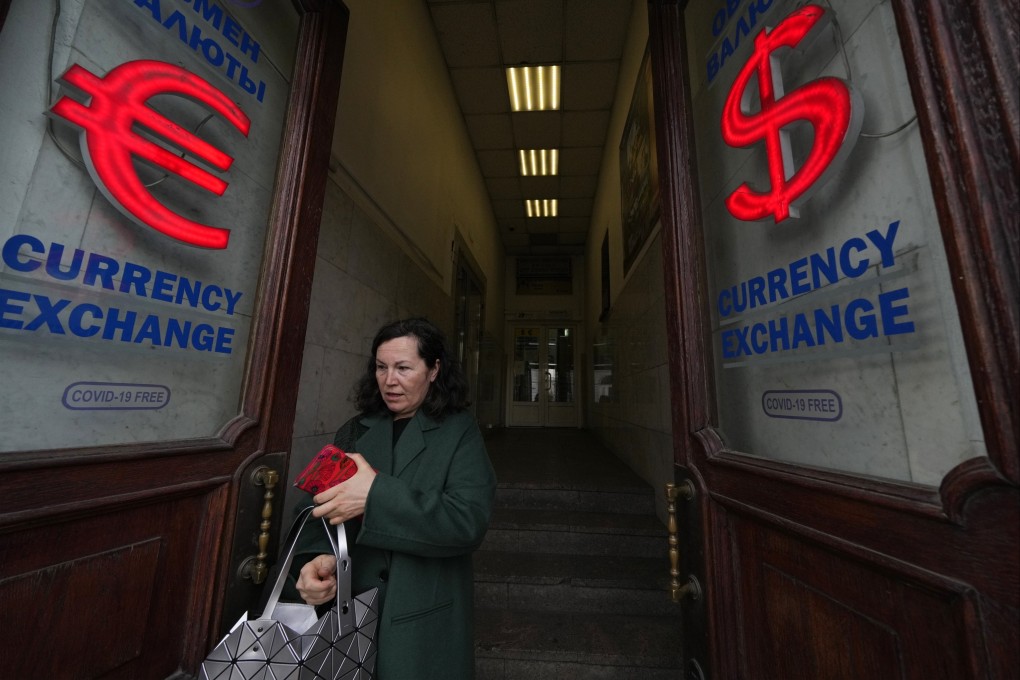Advertisement
Macroscope | Why it is in US interests to give up its dollar privilege to forge a more neutral financial order
- A system in which the global financial commons can be weaponised by the dominant power may favour the US now, but not when it slips from its perch
- American industry and people are also paying a price for their country to maintain its exorbitant privilege
Reading Time:3 minutes
Why you can trust SCMP
15

Much ink has been spilled speculating over the longer-term consequences for the US dollar of the unprecedented financial sanctions imposed on Russia in the wake of military action in Ukraine. Will it lead the world to de-dollarise? And will it contribute to greater international adoption of the renminbi?
Perhaps. But these lines of discussion miss a more profound point: what do we risk by weaponising the global financial commons?
In conventional warfare, there is a long-established principle of non-combatant immunity. Financial warfare respects no such rule. The immediate impacts of the latest sanctions on Russia were a spike in oil prices and a short-lived run on the rouble. However, Sri Lanka – which has no direct involvement in the Ukraine situation – has subsequently experienced violent protests, precipitated by fuel price inflation that has exacerbated an economic crisis.
It is unlikely that the South Asian nation will be the last innocent bystander to be buffeted by the fallout from the sanctions. As is the case so often, the world’s poorest are the most vulnerable.
Then there are the third-order effects. Given the complex intertwining of markets through globalisation, these are hard to predict. Many exporter nations, particularly in Asia, have built up large dollar reserves as a result of international trade.
Advertisement

